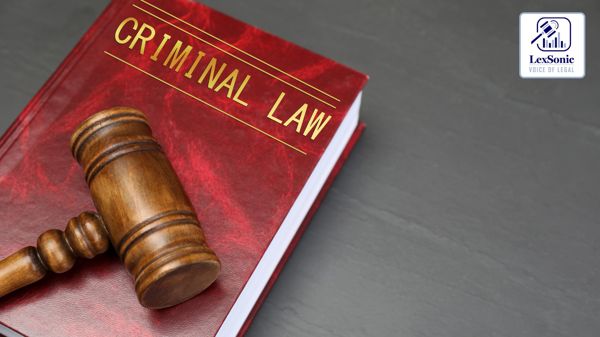No Locus for Proposed Accused to Challenge Magistrate’s Direction for Compliance under CrPC Section 154(3).
11 August 2025
Criminal Appeals & Suspension of Sentence >> Criminal Law
A recent High Court ruling of Friya Kaiyomerz Palia & Others v/s Archana Nilesh Kotwal, unknown inhabitant & Another has clarified the limited rights of proposed accused persons in criminal proceedings at the pre-cognizance stage. The case arose out of a challenge by individuals named in a private complaint, who objected to a Magistrate’s order directing the complainant to comply with the prerequisites of Sections 154(1) and 154(3) of the Code of Criminal Procedure (CrPC) before seeking an investigation under Section 156(3).
The Court held that such a direction, grounded in the Supreme Court’s ruling in Priyanka Srivastava v. State of U.P. (2015), did not cause prejudice to the proposed accused and therefore could not be challenged at their instance.
Background of the Case:
The matter originated from a complaint filed before the Metropolitan Magistrate, Girgaon, alleging offences under Sections 420 (cheating) and 120B (criminal conspiracy) of the Indian Penal Code against four persons (the applicants).

The complainant sought two reliefs simultaneously:
- Issuance of process against the accused; and a direction to police for investigation under Section 156(3) CrPC.
- Such dual prayers raised questions because an order under Section 156(3) operates at the pre-cognizance stage, whereas issuance of process is a post-cognizance step.
On December 15, 2021, the Magistrate did not proceed with either request but directed the complainant to first comply with Section 154(3) of the CrPC—i.e., approaching higher police authorities if the police station refused to register an FIR.
The proposed accused, though no process had been issued against them, moved the High Court seeking to quash this order.
Applicants’ Arguments:
The applicants contended that:
The Magistrate had no inherent power to “rectify defects” in a complaint by directing compliance with Section 154(3). Doing so effectively filled a lacuna in the complaint, which could prejudice the accused if the FIR were later registered. Reliance was placed on Bindeshwari Prasad Singh v. Kali Singh (1977), where it was held that criminal courts have no power to review their own orders.
They further relied on Priyanka Srivastava v. State of U.P. (2015), where the Supreme Court mandated prior compliance with Sections 154(1) and 154(3) before invoking Section 156(3). The applicants argued that if such compliance were allowed belatedly, it would harm their reputation and put them to unnecessary hardship.
Respondent's Objection:
The complainant challenged the maintainability of the application, arguing that:
The order requiring compliance under Section 154(3) was not adverse to the applicants since no process had been issued against them.
Therefore, the applicants had no locus standi at this stage to question such a direction.
Court’s Consideration:
The High Court noted the following:
Supreme Court Mandate: In Priyanka Srivastava, the Supreme Court made it mandatory for complainants to show compliance with Sections 154(1) and 154(3) before seeking investigation under Section 156(3), aiming to check misuse of criminal process.
Nature of Magistrate’s Order: The Magistrate’s direction was consistent with the binding guidelines laid down in Priyanka Srivastava. It was not an exercise of inherent powers, nor did it amount to reviewing any earlier judicial order. Instead, it was a procedural compliance order rooted in Supreme Court precedent.
Effect on Applicants: Since no adverse order had yet been passed against the applicants and no process had been issued, the direction to the complainant did not cause them prejudice. At this pre-cognizance stage, they had no locus to intervene.
Right to Defend Later: The Court clarified that if, in the future, the police take action or the Magistrate issues process against the applicants, they would be free to take appropriate remedies before the competent court.
Final Decision:
The High Court dismissed the application, concluding that:
- The Magistrate rightly directed compliance under Section 154(3) CrPC.
- Such a direction was in line with the law laid down by the Supreme Court.
- The proposed accused could not challenge the order at this stage, as it was not adverse to them.
Conclusion:
This ruling reinforces the boundaries of participation by proposed accused in criminal complaints at the pre-cognizance stage. The Court emphasized that directions to complainants for compliance with statutory requirements, as per Priyanka Srivastava, are procedural safeguards—not adverse orders against accused persons. As such, challenges by proposed accused to such directions are premature and unsustainable.
Section 120B., Indian Penal Code - 1860
Section 420., Indian Penal Code - 1860
Section 154., Code of Criminal Procedure - 1973
Section 156., Code of Criminal Procedure - 1973
Code of Criminal Procedure, 1973
